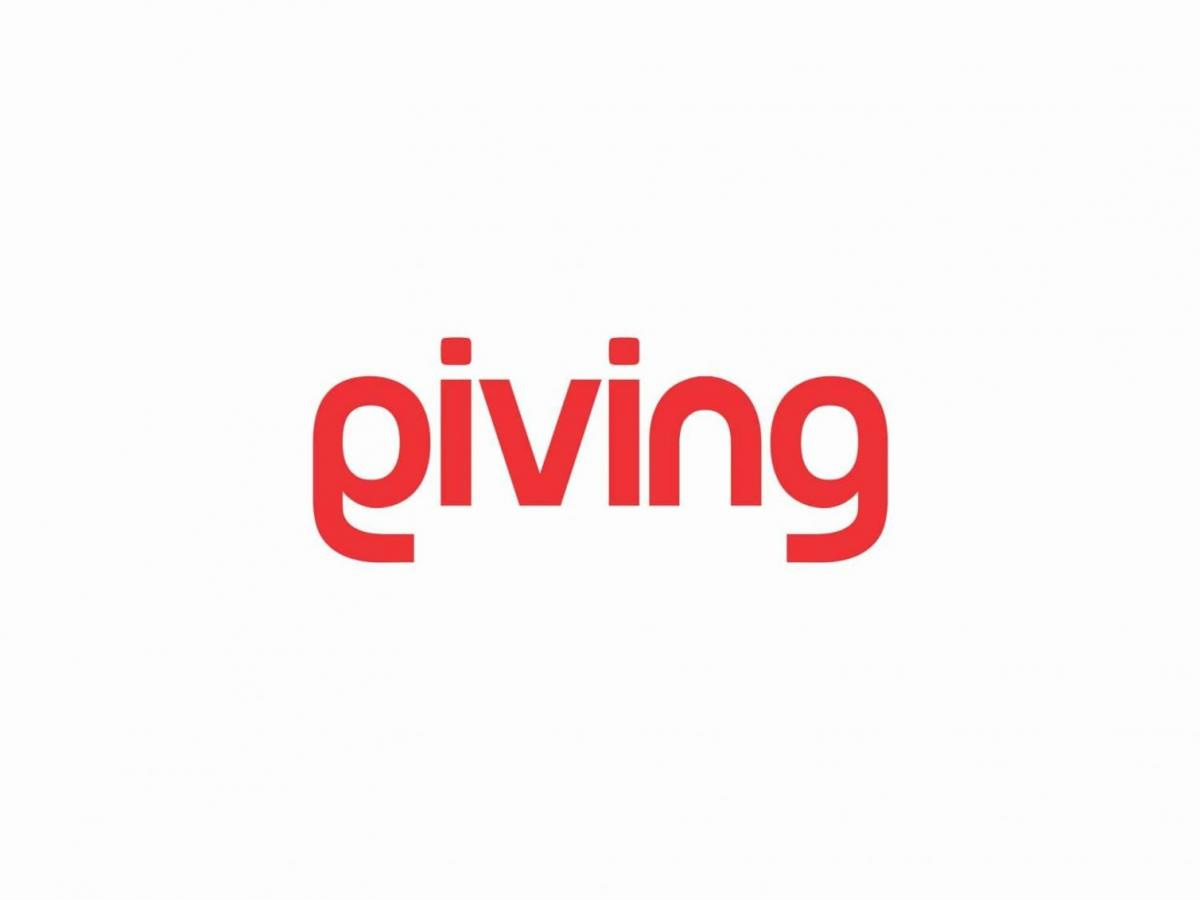REPORT: How Ekiti State Govt Padded WAEC Fee of 14,242 Students to the tune of N248.5m

FINDINGS by the International Centre for Investigative Reporting (ICIR) on Tuesday revealed how the Ekiti state government padded examination fee of the May/June West African Examination Council (WAEC), scheduled to hold later in the year by 25 per cent.
The examination fee was inflated with extra N3,500, a 25 per cent increase on each of the 14, 242 students of public secondary schools in the state.
On Tuesday, the State government through the Commissioner for Education, Science, and Technology, Foluso Daramola, had announced approval for the release of N248, 522, 900 to pay the WAEC examination fee of Ekiti public secondary schools.
The figure quoted then implies that N17, 450 is the payable fee on each student.
But The ICIR reached out to the Nigerian office of the West African examination body to verify the actual amount for the May/June 2020 WAEC examination, it was discovered that the official charge is pegged at N13, 950.
If N500 Bank charge is added to the N13, 950, the figure would amount to N14, 450.
“Whether it is a private candidate or public secondary schools, it is N13, 950. Aside from bank commission of N500,” Demianus Ojijeogu, WAEC Spokesperson told The ICIR.
“I am aware that some schools charge higher than that but they are not doing it in collaboration with WAEC, and we usually charge people to report such schools to the ministry of education which is the regulatory agency.”
Therefore, based on the population of the SS3 students in the state, – 14,242, the total sum released by the state government should be N198, 675, 900 at the head cost of N13, 950. But at N248.5 million disclosed by the government, a sum of N17, 450 was charged for each student.
If for instance, the state resolve to include the N500 bank charge, WAEC form for each candidate would be fixed at N14, 450, rising to N205,796,900.
The indication is that the state government has made extra N3,500 from each student to arrive at the figure disclosed to the public – a surplus of N49,847,000.
It is, however, unlikely the bank would still charge N500 on each candidate since the state government would do a mass transfer or instruct its bank to deduct the huge amount from the state account.
Speaking with WAEC, The ICIR cited an instance of when state government indicates interest to take responsibility for the examination payment, Ojijeogu insisted that the same amount will be charged per head for a candidate.
“The School collects the money on behalf of WAEC with a specified registration fee,” he adds.
The reporter further informed him of the development in Ekiti State, but he insisted the only special fee payable is done by the school and not the student, which is N2,000.
“We don’t charge candidates for the photo album, except for the registration fee. We only charge N2,000 per school.”
Ojijeogu described the fee as the amount for a special register which includes photo passports of the candidates, examination numbers among other details. “We use it to identify candidates to determine an impersonator, in case the biometric fails.
“It is to confirm the candidacy of the students.”
It could be recalled that Daramola had warned school principals and registrars of the state’s public secondary schools against the collection of whatever fees, not approved by the state government.
Daramola went further to solicit for funds from other Nigerians and corporate organisations in order to contribute to the educational development of the state, especially through scholarship awards for brilliant but indigent students

Photo Source: Social Media
The ICIR, however, contacted Muyiwa Olumilua, state Commissioner for Information and Civic Orientation to explain the discrepancies but he directed the reporter to the commissioner for education.
“I think its best you talk to the commissioner for education,” he promised to send the reporter the contact of the education commissioner.
When he did, The ICIR called the education commissioner but he terminated the call. Text messages sent to his number also was ignored.








Leave a Reply